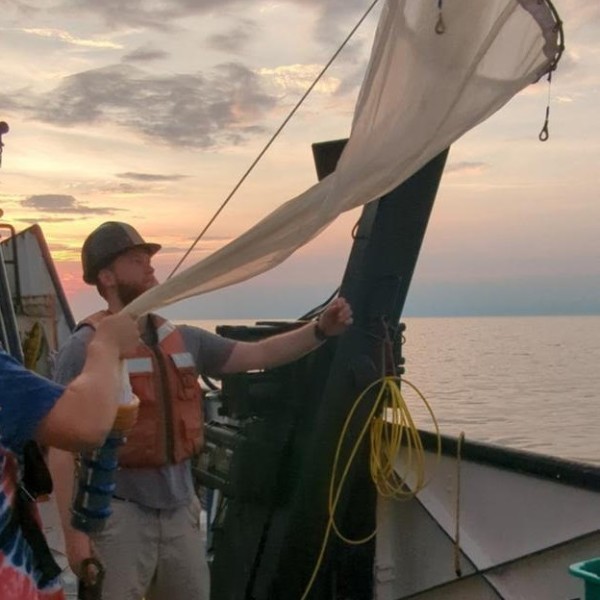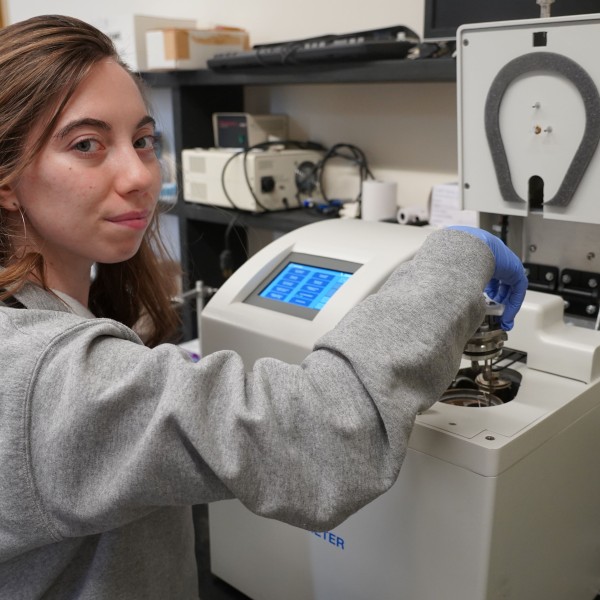A new course, Environmental Justice and Policy, will be offered in spring 2022. The multidisciplinary course will be co-taught by Shorna Allred, professor in the departments of Natural Resources and the Environment and Global Development in the College of Agriculture and Life Sciences, and Rebecca Morgenstern Brenner, lecturer in the Cornell Institute for Public Affairs in the Jeb E. Brooks School of Public Policy.
“Every environmental issue has very strong social dimensions as well,” Allred said. “A lot of the disproportionate impacts of environmental pollution and climate change fall on vulnerable communities and communities of color. We thought it was important to shed light on past and present structures of inequality that have created and continue to create these disparities.”
Allred began teaching an independent study on environmental justice in spring 2020 and a one-credit, seven-week Learning Where You Live course, Toxic Inequality, in 2021. The overwhelming demand and enthusiastic response to the courses from students led her to develop the new full-semester, three-credit course with Brenner.
“Each time I’ve offered it, the course has filled during pre-enrollment within minutes,” Allred said. “I definitely think there’s an increased demand among students for these types of courses.”
Maggie Hamilton ’23 took Allred’s one-credit Toxic Inequality last spring and said she’s thrilled that there’s now a three-credit course on the topic. A major in international agriculture and rural development, Hamilton said she was shocked to learn about the breadth and depth of environmental and racial injustice still occurring in the U.S. today. In the course they learned about Uniontown, Alabama, a predominantly Black community that has been forced to house a variety of environmental hazardous waste, including toxic coal ash. In spite of determined community opposition and clear scientific evidence of the dangers being forced upon Uniontown, government officials and developers continue to greenlight projects that bring more hazards to the town.
“I think that was the biggest shock in taking this course: that these patterns that should have been left in the past are still happening all over the country, and our laws and institutions allow it to happen,” Hamilton said.
Brenner’s expertise is in using policy and institutions to undo systemic environmental injustices. She spent the first half of her career implementing environmental policy through the National Environmental Policy Act, the National Historic Preservation Act and other state and federal legislation. After President Bill Clinton in 1994 signed executive order 12898, the first-ever order on environmental justice, Brenner and her colleagues began looking at the impacts of energy deregulation in communities throughout California.
“We found that utility companies had built their electric generation facilities disproportionately in poor communities and communities of color,” Brenner said. Clinton’s executive order, which required “fair treatment and meaningful involvement of all people regardless of race, color, national origin or income,” empowered communities to fight back and be part of the decision-making process.
“It’s clear to me that our society is moving to make change, and our students – the future leaders we have here – are amazing,” Brenner said. “I want them to learn what environmental justice is, the causes of systemic racism and how they’re built into policy, and the strategies and solutions we can implement to undo systemic racism and environmental injustice.”
The course is being cross-listed across three departments in two colleges and will fulfill requirements for students majoring in natural resources, global development, public administration, and environment and sustainability. Enrollment is capped at 30 students: 15 undergrad and 15 graduate.
Krisy Gashler is a writer for the College of Agriculture and Life Sciences.





